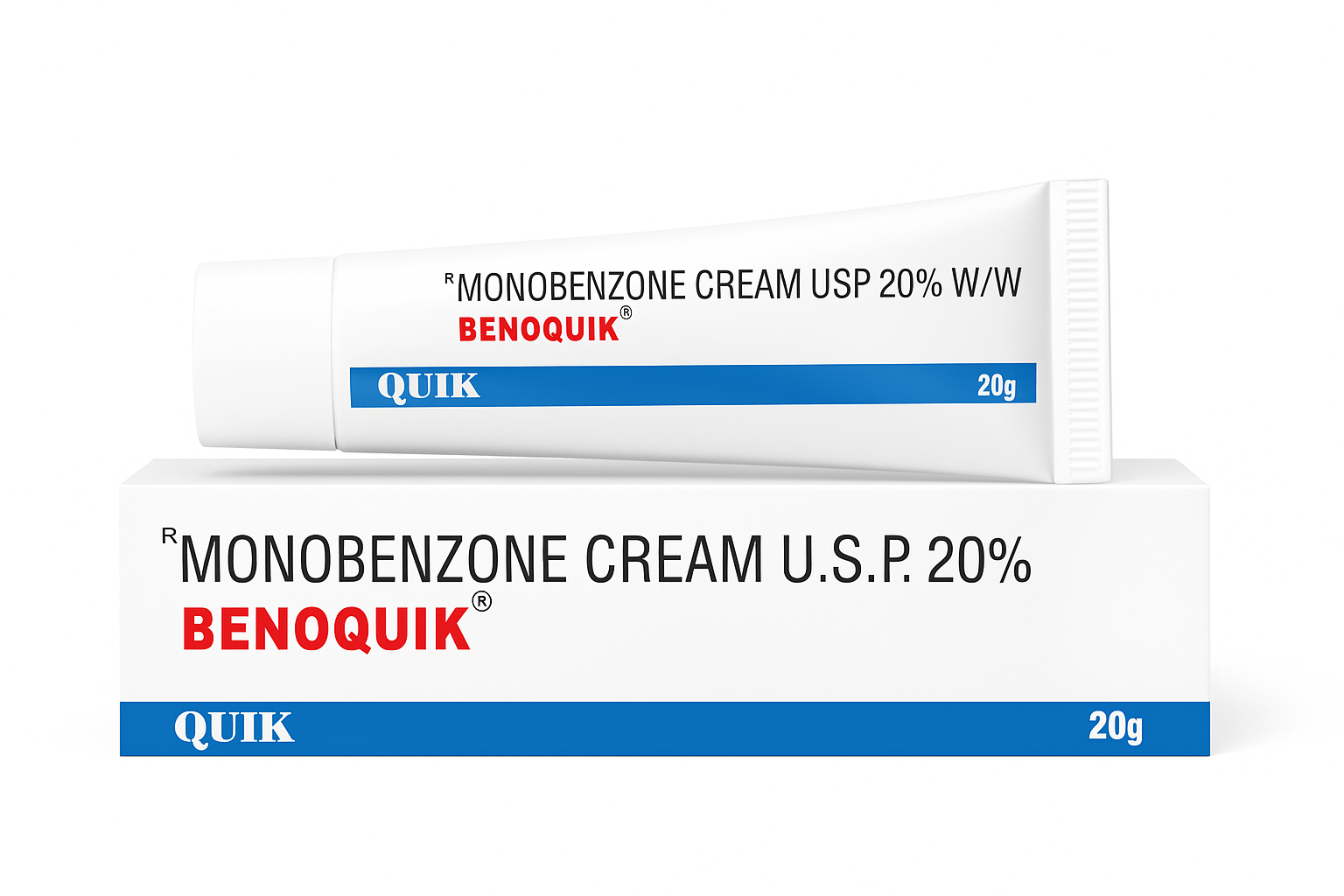5 Natural Ways to Strengthen Your Immune System
Discover simple lifestyle habits and key supplements that can naturally boost your immunity...
Friendly Customer Support
Ensure Secure Payment
Delivery in 4-6 days Worldwide

Monobenzone destroy melanocytes, stops melanin production.
Monobenzone gradually lightens pigmented skin by inhibiting melanin.
Continuous use of Monobenzone leads to depigmentation.

Discover simple lifestyle habits and key supplements that can naturally boost your immunity...

Learn how to care for sensitive skin with gentle routines and dermatologist-recommended products.

Find out when supplements are helpful and how to choose the right ones for your health needs.